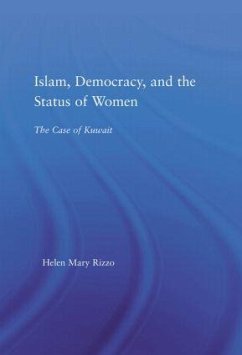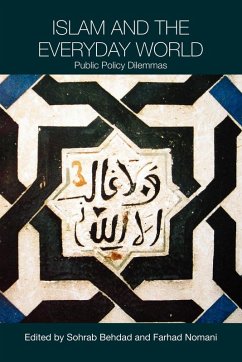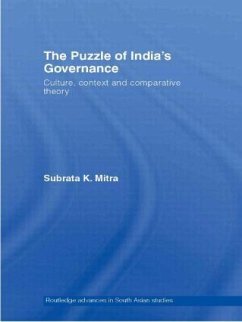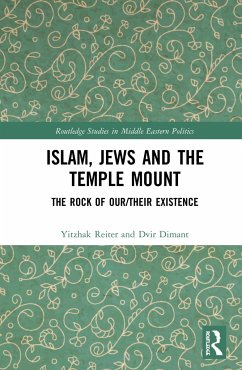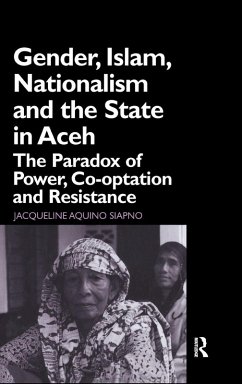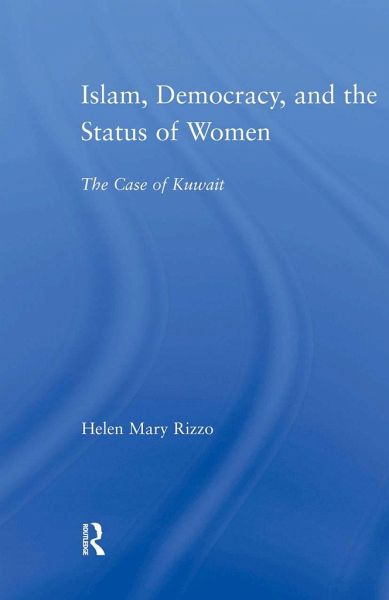
Islam, Democracy and the Status of Women
The Case of Kuwait

PAYBACK Punkte
33 °P sammeln!
This book examines the relationship between religion, democracy, and women's organizations in Kuwait. More specifically, it looks at whether these organizations are working toward achieving formal political rights for women. Helen Rizzo examines how interpretations of religion affected the goals and activities of the organizations in terms of women's empowerment and if the organizations were pushing the democratization process. Much of the recent literature on the relationship between Islam, democracy, and women's rights has been negative and pessimistic. Instead, this book examines the compli...
This book examines the relationship between religion, democracy, and women's organizations in Kuwait. More specifically, it looks at whether these organizations are working toward achieving formal political rights for women. Helen Rizzo examines how interpretations of religion affected the goals and activities of the organizations in terms of women's empowerment and if the organizations were pushing the democratization process. Much of the recent literature on the relationship between Islam, democracy, and women's rights has been negative and pessimistic. Instead, this book examines the complicated relationship between these three things, arguing that some women in Kuwait are using Islam in their discourse to justify women's right to equality and public participation, thus countering the arguments that see Islam, democracy, and women's rights as inherently and culturally incompatible.





